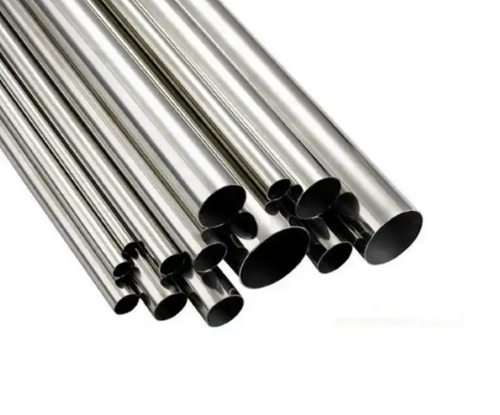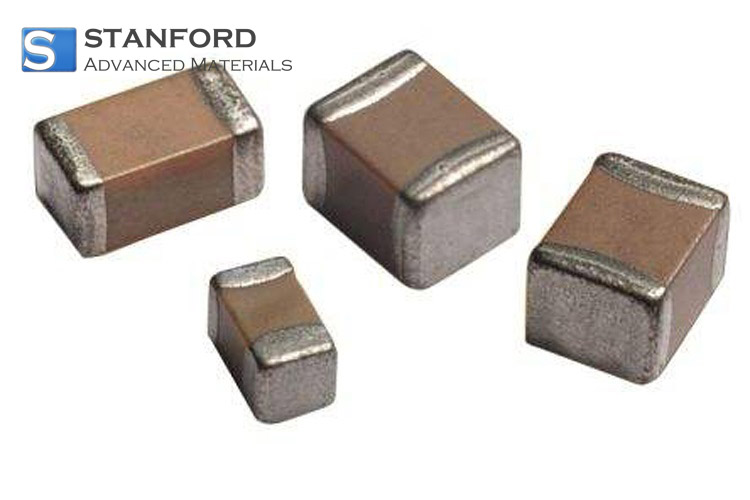Six Strategic Metals Widely Used In The Military Industry
Magnesium
Magnesium is recognised as a defence metal. It ranks among the lightest metallic construction materials and offers higher specific strength and stiffness. It exhibits good damping properties and machinability. Magnesium is used as a structural material in the manufacture of spacecraft, military aircraft, rockets, mobile vehicles and ships. It is also employed in the production of torches and incendiary bombs owing to the high temperatures and luminous flames produced during combustion.
Titanium Alloys
Titanium alloys exhibit high heat resistance, low-temperature toughness and fracture toughness. They are used in the production of components for aircraft engines, rockets and projectiles. Titanium alloys can serve as fuel and oxidation tanks as well as high-pressure vessels. They are extensively used in modern combat aircraft and armoured vehicles employed by the US military.

Rhenium
Rhenium is primarily used in the manufacturing of engine blades, precision instruments such as gyroscopes and in the synthesis of high-octane fuel. Approximately 80 % of the rhenium produced globally is used in the manufacture of aircraft engines. Rhenium is further employed for high-temperature coatings on rockets and projectiles. It is required for aerospace instruments and high-temperature components, including thermal shields, arc discharge systems and electrical elements.
Molybdenum
Non-ferrous alloys comprising molybdenum and other elements were widely used in the early twentieth century for the production of weaponry. Modern precision devices demand materials such as molybdenum, tungsten, chromium and vanadium alloys, which are used in the fabrication of alloy components and parts for naval ships, rockets and satellites.
Tungsten
Tungsten is widely applied in industrial processes. It is primarily used for the production of hard alloys, specialised steels and related products. It is extensively utilised in the defence, aerospace and information industries. Alloys comprising tungsten and other metals (Tantal, Niob, Molybdenum, Rhenium) are used as materials in high-temperature environments.
Uranium
Uranium is a well-known military metal. Nuclear reactors require a U-235 concentration of only 3 % to 5 %. However, the manufacture of nuclear weapons requires a U-235 concentration of at least 90 %. The high enrichment of U-235 (over 90 %) is used predominantly in the production of nuclear weapons; U-238 is an important material for the production of Plutonium for nuclear fuel.

 Bars
Bars
 Beads & Spheres
Beads & Spheres
 Bolts & Nuts
Bolts & Nuts
 Crucibles
Crucibles
 Discs
Discs
 Fibers & Fabrics
Fibers & Fabrics
 Films
Films
 Flake
Flake
 Foams
Foams
 Foil
Foil
 Granules
Granules
 Honeycombs
Honeycombs
 Ink
Ink
 Laminate
Laminate
 Lumps
Lumps
 Meshes
Meshes
 Metallised Film
Metallised Film
 Plate
Plate
 Powders
Powders
 Rod
Rod
 Sheets
Sheets
 Single Crystals
Single Crystals
 Sputtering Target
Sputtering Target
 Tubes
Tubes
 Washer
Washer
 Wires
Wires
 Converters & Calculators
Converters & Calculators
 Write for Us
Write for Us


 Chin Trento
Chin Trento



